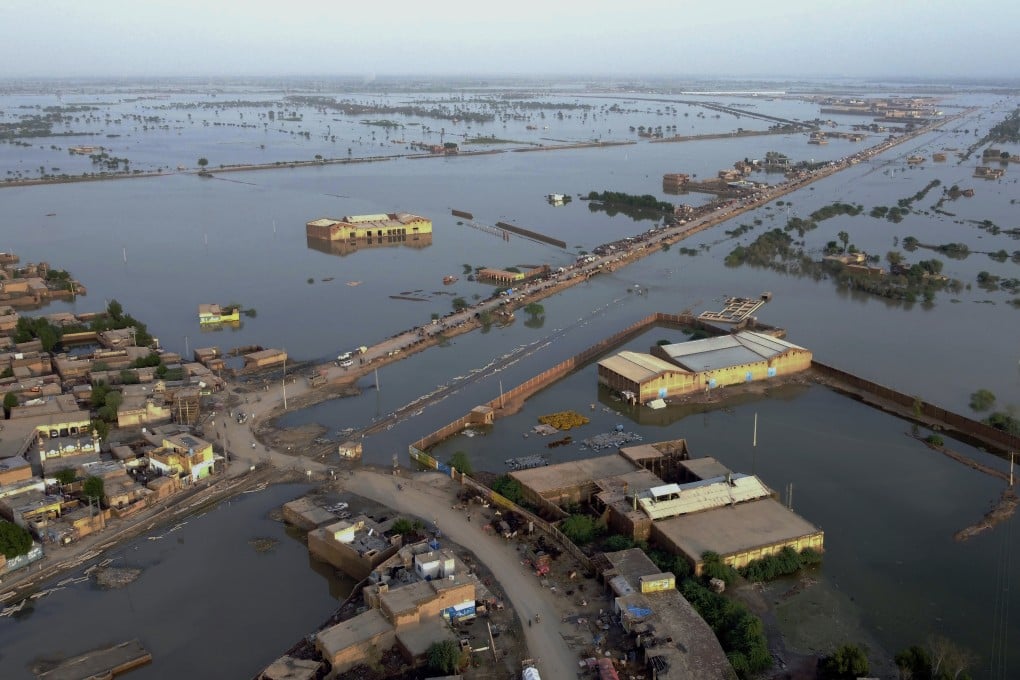COP27: UN climate summit applauds historic ‘loss and damage’ fund, but disappointed emissions deal
- Negotiators approved a deal to create a fund for compensating poor nations that are victims of extreme weather worsened by rich countries’ carbon pollution
- New agreement does not increase calls for reducing emissions, but retains goal of limiting warming to 1.5 degrees Celsius over pre-industrial times

For the first time the nations of the world decided to help pay for the damage that climate change has done to poor countries, but they finished marathon climate talks on Sunday with a deal that does more to address the impacts of the burning of fossil fuels than actually fight climate change’s cause.
The decision establishes a fund for what negotiators call loss and damage. It is a big win for poorer nations which have long called for cash – sometimes viewed as reparations – because they are often the victims of climate worsened floods, droughts, heatwaves, famines and storms despite having contributed little to the pollution that heats up the globe.
The agreement struck in this Egyptian Red Sea resort city is a victory for developing nations that have for decades fought for some form of compensation for the “loss and damage” they’re suffering due to floods, droughts, famine, heatwaves and storms worsened by climate change despite emitting a small fraction of heat-trapping carbon pollution.
“Today, the international community has restored global faith in this critical process that is dedicated to ensuring no one is left behind,” said Antigua and Barbuda’s Molwyn Joseph, who chairs the organisation of small island states that has been vocal on loss and damage. “The agreements made at COP27 are a win for our entire world. We have shown those who have felt neglected that we hear you, we see you, and we are giving you the respect and care you deserve.”
A deal of sorts came after a game of climate change chicken over the cause of warming: fossil fuel burning.
The use of fossil fuels was a bone of contention at the two-week summit.
Early on Sunday morning, delegates approved the compensation fund but had not dealt with the contentious issues of an overall temperature goal, emissions cutting and the desire to target all fossil fuels for phase down. As dawn was breaking the European Union and other nations fought back what they considered backsliding in Egyptian presidency’s overarching cover agreement and threatened to scuttle the rest of the process.
The 27-nation bloc and other developed countries had pushed for stronger commitments to bring down emissions to achieve the aspirational goal of limiting global warming to 1.5 degrees Celsius from pre-industrial levels.
